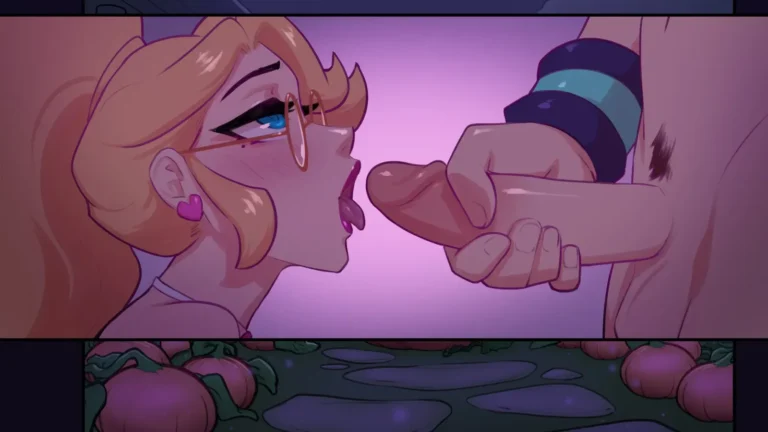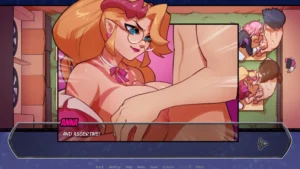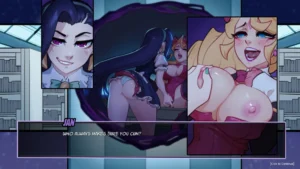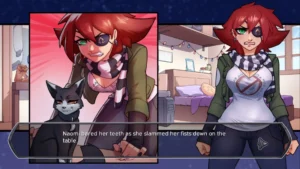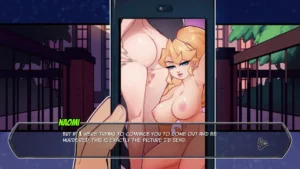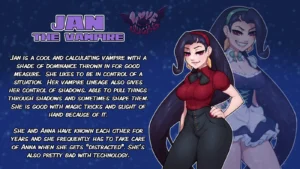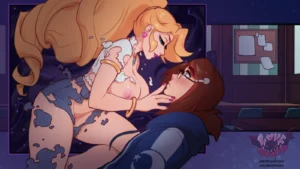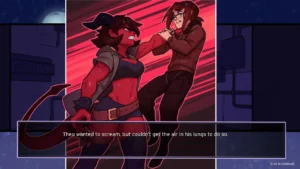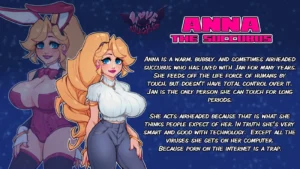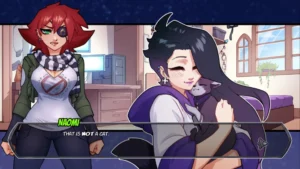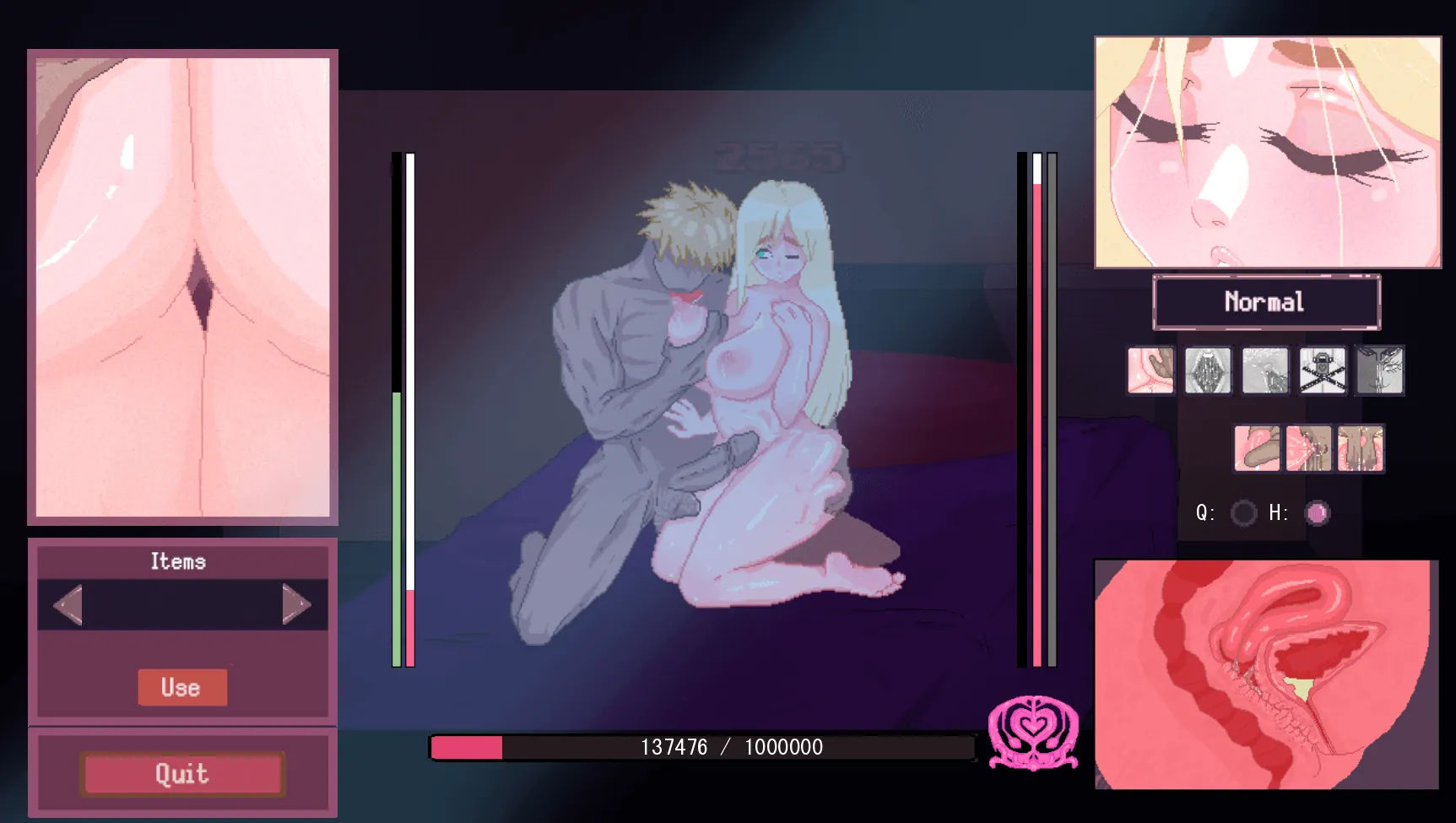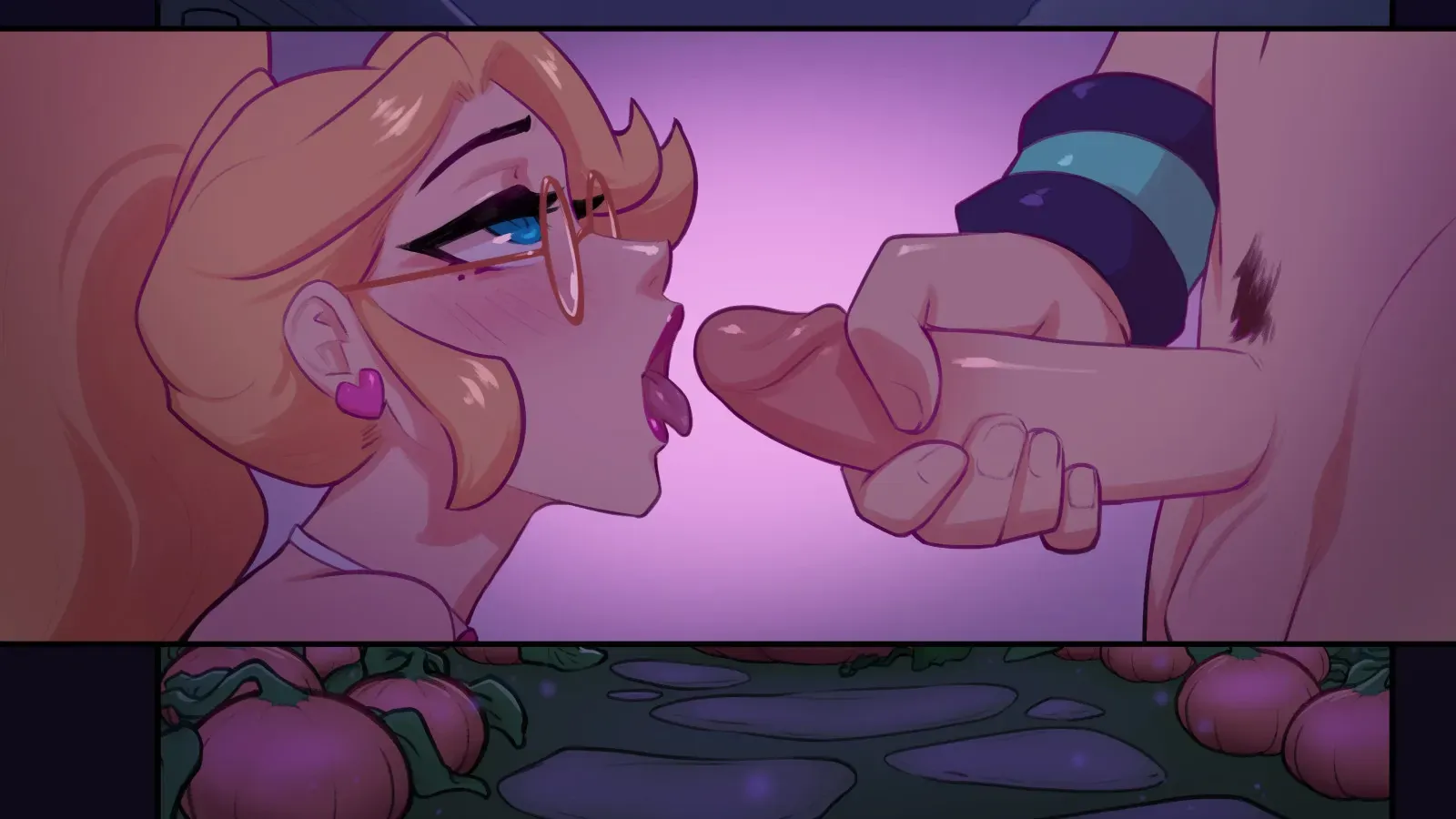
Play Love Sucks Night Two
Love Sucks Night Two review
Explore the Features, Gameplay, and Unique Appeal of Love Sucks Night Two
Love Sucks Night Two is a distinctive interactive game that combines narrative depth with engaging gameplay elements. This article dives into what makes this title unique, exploring its storyline, characters, and player experience. Whether you’re curious about the game’s mechanics or its thematic approach, this overview provides practical insights and personal reflections to help you understand why it has captured attention.
Exploring the Gameplay and Mechanics of Love Sucks Night Two
Ever found yourself playing a narrative-driven game where your choices feel about as impactful as a whisper in a hurricane? 🙄 I know I have. You click what you think is a major decision, and the story just… politely ignores you and carries on down its pre-set path. It’s enough to make you want to quit. That’s why the Love Sucks Night Two gameplay felt like such a breath of fresh air. Right from the start, it’s clear this isn’t your average visual novel; it’s a deeply personal journey where your voice actually matters. 🎮
This character interaction game pulls you into its world with a simple but powerful promise: you are in control. The entire experience is built around the idea that your personality, your whims, and your mistakes will shape the story in visible, sometimes hilarious, and often heartbreaking ways. It’s this core philosophy that makes the Love Sucks Night Two gameplay so compelling and sets it apart from the crowd.
What Sets Love Sucks Night Two Apart in Gameplay?
So, what’s the secret sauce? 🤔 At its heart, the Love Sucks Night Two gameplay is a masterclass in player engagement mechanics. It goes beyond simple branching dialogue trees. Instead, it employs a subtle reputation system with each character that isn’t just a visible number on the screen. You never see a “Liam: +5” pop up. Instead, you feel it. Their body language changes, their future dialogue options shift in tone, and they might even bring up that slightly rude joke you made three conversations ago. It’s organic and feels incredibly real.
I remember one playthrough where I decided my character would be a sarcastic, no-nonsense type. I thought I was being clever and witty. 😎 Later, when I was trying to earn the trust of a more sensitive character during a crucial story moment, they shut me down completely, referencing my past flippancy. The game had remembered my consistent behavior pattern, not just one-off choices. That level of depth is what makes the Love Sucks Night Two gameplay so unique. It’s not about picking the “right” answer; it’s about living with the consequences of your established personality.
The game also brilliantly plays with timing and pressure. Many dialogue choices are timed, forcing you to go with your gut instinct rather than meticulously planning the optimal outcome. This eliminates save-scumming (constantly reloading to get the “best” result) and makes every interaction feel genuine and tense. You can’t be everyone’s friend, and the game is better for it.
Here’s a quick breakdown of how key features influence your journey:
| Gameplay Feature | How It Impacts Your Story |
|---|---|
| Timed Dialogue Choices | Forces authentic, gut-reaction decisions that lock in your path, increasing replay value. |
| Hidden Character Affinity | Your choices build an invisible relationship meter, affecting how characters treat you later in subtle, realistic ways. |
| Environment Interaction | Clicking on objects can reveal hidden backstory or provide new conversation topics with characters, adding layers to the world. |
| Consistency Tracking | The game remembers your behavior patterns, not just major plot choices, making your character’s personality feel cohesive. |
Character Interaction and Player Choices
This is where the game truly shines as a premier character interaction game. The cast of characters you meet is fantastically written, each with their own distinct flaws, charms, and hidden depths. The interactive story choices you make with them don’t just affect a romance meter; they determine the very nature of your relationships. You can build deep friendships, bitter rivalries, or awkward acquaintanceships that are just as narratively satisfying as any love story. ❤️🔥
The magic is in the dialogue. The writing is sharp, witty, and often laugh-out-loud funny. But more importantly, it’s reactive. During my second playthrough, I tried a completely different approach with the aloof artist character, Rylan. Instead of challenging him, I opted for supportive and understanding responses. To my amazement, entire scenes opened up that were completely absent from my first, more confrontational run. He showed me his private sketchbook—a moment that felt genuinely earned and incredibly intimate. It wasn’t a reward; it was the result of a carefully built relationship.
This is the core of the narrative-driven game experience in Love Sucks Night Two. The interactive story choices are the engine, and the character development is the destination. There are no throw-away lines. A seemingly innocuous decision about what to drink at the bar or which song to play on the jukebox can become a pivotal character-defining moment later on. It makes every conversation feel weighty and exciting.
Pro Tip: Don’t try to game the system! Play the first time through as honestly as you can. Choose the responses that feel true to you. You’ll get a far more personal and memorable story than if you just try to guess what the game “wants” you to pick.
The beauty of this system is that it validates every play style. Want to be a chaotic mess who causes drama at every turn? Go for it! The story will accommodate you and likely become a brilliant comedy of errors. Want to be the peacekeeper who tries to mend every broken bond? That path is there too, and it’s just as valid. This incredible flexibility is a testament to the game’s deep design and is a huge part of its player engagement mechanics.
Visual Style and User Interface
A great story needs a great stage, and boy, does Love Sucks Night Two deliver on the visual style Love Sucks Night Two is known for. 🎨 Embracing a modernized pixel-art aesthetic, the game is absolutely gorgeous. It’s not trying to mimic the 8-bit era; instead, it uses a high-resolution pixel style that is bursting with personality, fluid animation, and stunning lighting effects. The neon-drenched bars, cozy apartments, and rainy city streets are all dripping with atmosphere, perfectly complementing the game’s tone of hopeful melancholy.
But a pretty game is nothing if it’s a pain to navigate. This is where the user interface experience comes in, and it’s brilliantly executed. The UI is minimalist and intuitive, never getting in the way of the story. Dialogue options are presented clearly, and the timed choices have a subtle but effective visual countdown that creates tension without causing panic. Your inventory and phone (a key mechanic for texting characters) are always just one click away, designed to look and feel like a natural part of the world.
I particularly love the character profiles screen. It’s not a menu full of stats; it’s a collection of polaroid photos and sticky notes that your character has compiled, visually representing your understanding of each person. As you learn more about them, new notes and photos appear. It’s a diegetic UI element—meaning it exists within the game’s world—that greatly enhances immersion. This thoughtful approach to the user interface experience shows a deep respect for the player and the story being told.
Every visual element, from the way a character rolls their eyes in a pixel-perfect animation to the way text messages bubble up on your in-game phone, is designed to pull you deeper into the world. The visual style Love Sucks Night Two employs isn’t just eye candy; it’s a fundamental storytelling tool that works in perfect harmony with the Love Sucks Night Two gameplay. It ensures that you’re not just reading a story, but truly living it. ✨
Love Sucks Night Two offers a compelling blend of narrative depth and interactive gameplay that appeals to players seeking an immersive experience. Its unique mechanics and character-driven storylines provide both entertainment and meaningful engagement. Whether you are a returning player or new to the game, exploring its features can offer fresh perspectives and enjoyment. Dive in and discover what makes this title a standout in its category.
